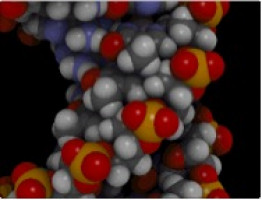
New insights into Ewing sarcoma, an aggressive childhood cancer, were published in the journal Nature.
Researchers from the Long School of Medicine at The University of Texas Health Science Center at San Antonio contributed to the study.
Ewing sarcoma is a bone and soft tissue cancer that primarily affects children and adolescents.
The discovery, made by scientists at the University of Toronto, relates to cell structures called nucleoli and a physical change they undergo called phase separation.
The Toronto team observed that to form normal nucleoli, a structure must be made in the DNA.
This is accomplished by the delicate balance of two different, but opposing, genetic code-reading machines.
If these systems are not in balance, nucleoli lose their form and break up into smaller entities, the team found.
Study author Alexander Bishop, DPhil, of UT Health San Antonio, with team members at the Greehey Children's Cancer Research Institute, previously showed that one of the genetic code-reading machines is overactive in Ewing sarcoma.
In the newly published study, they confirmed that, in Ewing sarcoma, this overactivity causes the nucleoli to break up into smaller entities.
"We are working now to better understand the impacts of this biology in Ewing sarcoma and how we can take advantage of it therapeutically," Dr Bishop said.
Dr Bishop joined UT Health San Antonio in 2005.
He is an associate professor in the Department of Cell Systems and Anatomy of the Long School of Medicine, is a researcher in the university's Greehey Institute, and is a member of the Mays Cancer Center, home to UT Health San Antonio MD Anderson.
Source: University of Texas Health Science Center at San Antonio